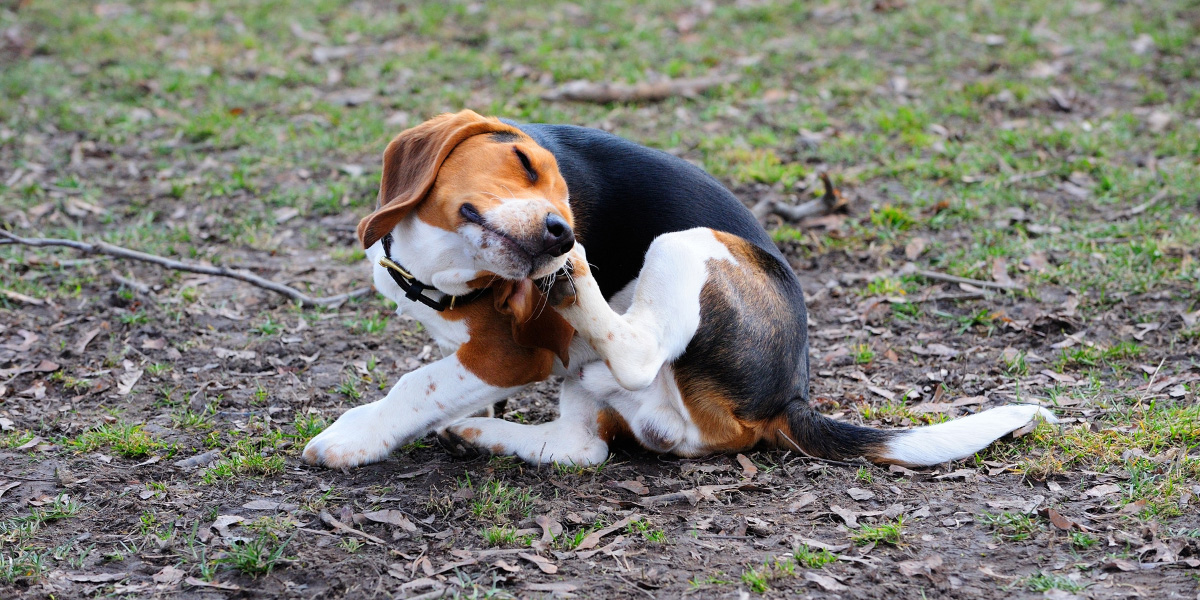Do I Need To Clean My Dog's Ears?
Doctor of Veterinary Medicine

While efforts are made to answer all questions as quickly as possible, if an immediate answer is required or if your pet is in need of urgent or emergency care, contact your pet's veterinarian immediately.
Doctor of Veterinary Medicine

You will receive an answer from Dr. Lindsay and our vet/tech team as soon as possible, usually the same day.
All answers are provided for informational or educational purposes only, and are intended to be a supplement to, and not a substitute for, the expertise and professional judgment of your pet's veterinarian.
It may be necessary to consult your pet's veterinarian regarding the applicability of any opinions or recommendations with respect to your pet's symptoms or medical condition.
CloseDoctor of Veterinary Medicine

An error has occurred, please reload the page and try again.
CloseWhile efforts are made to answer all questions as quickly as possible, if an immediate answer is required or if your pet is in need of urgent or emergency care, contact your pet's veterinarian immediately.
There is no answer related to your question

Most dogs are lucky enough to not need regular ear cleaning. Earwax and hair form a barrier that protects your dog’s ear canal against moisture and bacteria. However, allergies, floppy ears, living in a humid climate, or frequent swimming can make your dog more vulnerable to painful ear infections.
When To See Your Veterinarian
Healthy, normal earwax is slightly yellow and transparent. It can collect dirt if your dog has been outside, which indicates that it’s doing its job of preventing debris from entering the ear canal.
One of the most common causes of ear infections in dogs is excessive moisture in the ear canal. Dogs with long, droopy ears or lots of wrinkles naturally tend to have more moisture in the ear, which creates a breeding ground for bacteria and/or yeast.
Though less common, ear mites can cause an ear infection. The ear mites feed off the dog’s blood, leaving behind blood-laden excrement that looks like coffee grounds. Dogs with ear mites need anti-parasitic medication and may also need treatment for a secondary ear infection.
Dogs can also develop yeast overgrowth in the ear, sometimes due to allergies. If this may be the case, your dog will need antifungal treatment from your vet to take care of the infection, then they may need a change in diet or allergy medication to keep the ear infection from returning.
If your dog has an active ear infection, they may have excessive earwax, black, brownish, yellow, or green discharge, and their ear may be red and inflamed. It may be hot to the touch. Your dog’s ears may be itchy or painful, and they may tilt their head to one side, scratch the affected ear, or shake their head.
Always take your dog to the veterinarian right away if they have signs of an ear infection. Do not attempt to resolve the infection yourself at home, as home remedies often do more harm than good. Left untreated, even if just for a day or two, the infection can travel to the inner ear, leading to loss of balance, permanent hearing loss, and facial paralysis.
Do I Need To Clean My Dog’s Ears?
If your dog has never had an ear infection and has no unusual discharge or odor, you don’t need to worry about their ears.
Over-cleaning your dog’s ears when it’s not needed removes the protective layer of wax that keeps the ear canal moisturized. As a result, the ear canal can dry out and become inflamed, leaving the inside more prone to infection.
How To Clean Your Dog’s Ears
If your dog has a history of ear infections, yet does not have an active ear infection, regular cleaning can help keep infections from coming back.
Always use a product that’s designed for cleaning your dog’s ears. Household products like rubbing alcohol can damage the delicate ear canal and break down protective wax. A canine otic solution gently cleans and dries out the ear canal without causing damage or irritation.
Recommended products for cleaning your dog's ears.
For infection-prone dogs, especially those with folds and wrinkles, a long coat, or long, floppy ears, once-weekly ear cleaning is usually recommended.
Use the product as directed by package directions or apply to the ear canal and massage at the base of the ear to work the product into the inner ear. Always use a clean cotton pad or cotton ball for each ear.
Avoid letting moisture enter your dog’s ears any time they go swimming or have a bath. During baths, you can protect the ear canals with large cotton balls. For swims, you can use a waterproof snood or towel-dry your dog’s ears after swimming. After every swim and bath, clean your dog’s ears with otic solution.
 Swipe
Swipe































